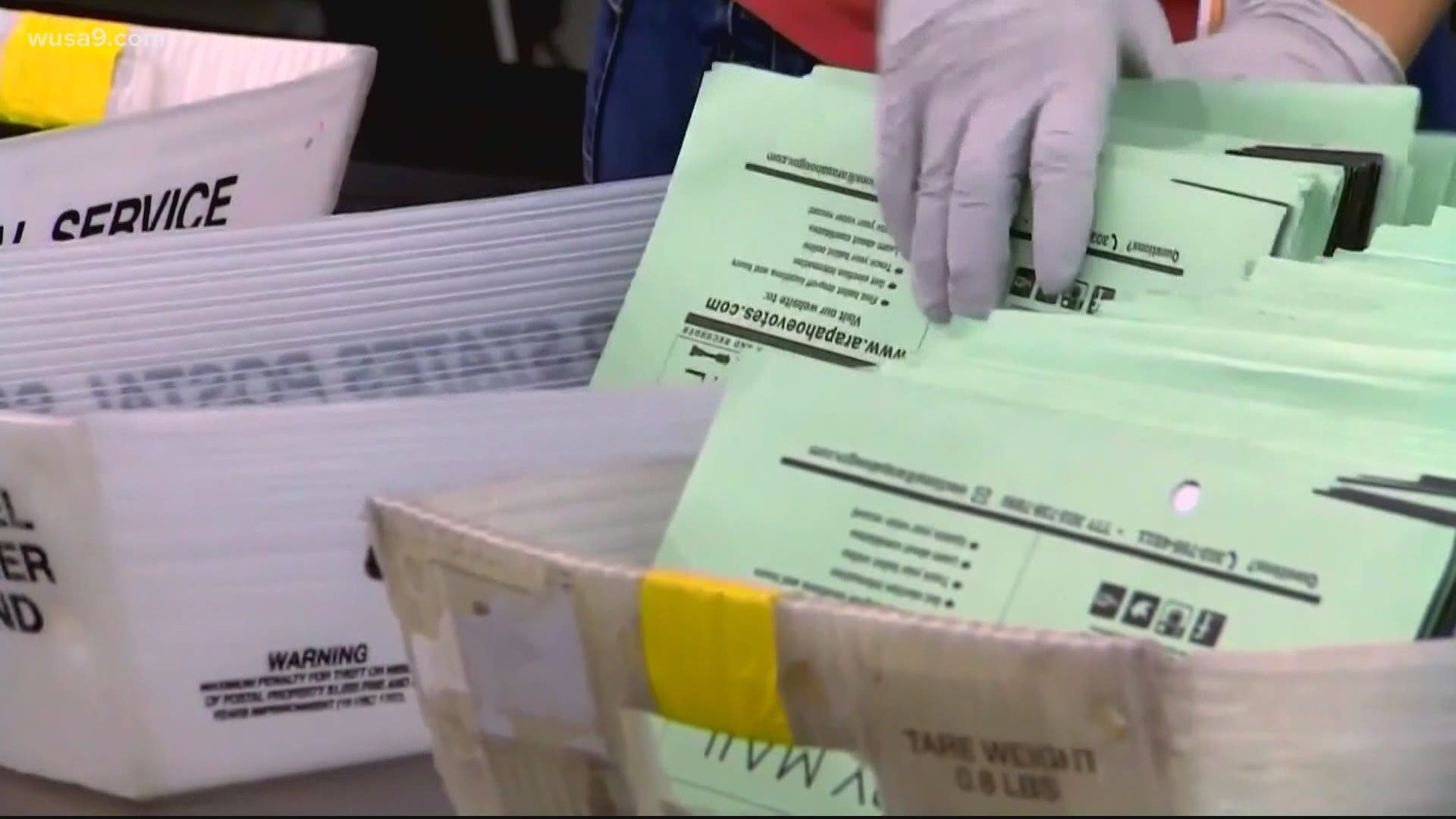WASHINGTON — Between the stress of this year's election and the stress surrounding the pandemic, anxiety levels are at an all-time high.
For many of us, the election remains top of mind more than a week after the results came in.
"I think one of the great things of this really difficult election cycle is that it reminded us of why it’s important to train young people to have the capacity to hold other people's opinions with respect, even while they disagree," said Associate Professor at Johns Hopkins Ashley Berner.
Ashley Berner is also the Deputy Director of the Institute for Education Policy.
"For families right now walking through this election cycle, it’s a great opportunity to explain the process, to explain the issues, without demeaning people who disagree," said Berner.
Berner said it is important to teach our youth how to have political conversations with someone who has different beliefs. She said now is a good time to encourage dialogue and listening skills both in and outside the classroom. "Inform kids about how people believe and why the different perspectives might be. In fact, it’s critical from a civics perspective," said Berner.
"Some schools are walking away explicitly from having political dialogue because it can be so disruptive and disturbing, and of course we would say, quite the opposite needs to happen," said Berner.
"Our research is really strong, when you have classrooms that enable disagreements and deep discussion and disagreement, this practice has a long-term effect," said Berner.
Berner said it's important to get your kids involved in the process. "Take your kids with you to vote, take your kids with you to volunteer, get engaged in the community," said Berner.
She said now is a good time to examine how the subject is taught in schools.
"The things that we talk about and the things that we don’t talk about are educational for kids. So, if we are not having those conversations about belief and about philosophy and about political disagreements, then we are also instructing kids that those are not conversations that are important," said Berner.
Berner also said it's important to emphasize a greater understanding of geography. "It is critical for kids. I can’t tell you how many young people who don’t know where in Mexico is. You can’t understand history if you don’t know geography," said Berner.
Finally, as your kids get older, expose them to debates and bring them along for the journey. "Watch the news together and flip from different news channels so that they see the difference in lenses. I think the more you can talk about how different people see the same thing differently, develop the capacity with them, bring in friends who disagree with you and let your kids hear you debate something," said Berner.
The Institute for Education Policy helped put together a "Civics at Home" guide.
Other resources:

